Apple recently unveiled the new M1 Processor when they launched the MacBook Pro and the MacBook Air.
In this article, we will compare the new Apple M1 processor with the Intel 11th Gen and the AMD Ryzen 4000 series processors.
The highlight feature for the new MacBooks is the Apple M1 processor. Cupertino tech giant is finally parting ways with Intel for all processor requirements.
Apple will not use the Intel-based processors for either laptop, iMacs, or the Mac Mini. The reason for ditching Intel is the lack of technological advancement by the processor manufacturer.
Apple first started using Intel processors in 2006 when they migrated from the PowerPC; used by the company from 1992 to 2006. (Apple’s migration to Intel).
After nearly 14 years of using Intel-based processors now, the Macs will use Apple’s in-house processors.
The first of these is the Apple M1 used in the 2020 Macbook Pro, Air, and Mac Mini.
Let’s look at the Apple M1, AMD Ryzen 4000, and the Intel 11th Gen and what these have to offer to the buyers looking for high-performance portable laptops.
Apple M1
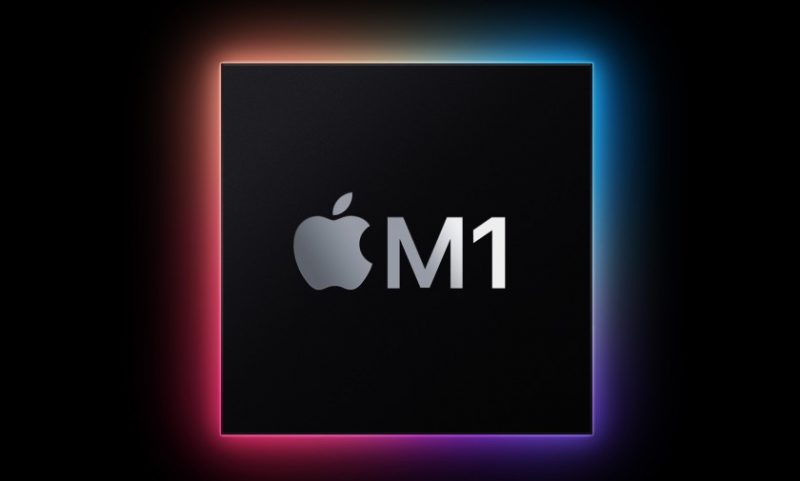
The new Apple processor is based on the ARM architecture instead of the X86 used by both AMD and Intel.
The Apple M1 is an 8 Core processor that offers 4 performance cores and has 4 efficiency cores that ensure high peak performance and lower battery drain.
Further, the SOC has unified RAM that offers ridiculously fast data transfer. Apple has not specified the Ram frequency, but it is likely very fast.
M1 also comes with an 8 Core GPU that is as fast as a GTX 1650 and offers better graphics than the new Intel Xe Graphics processor used in the 11th Gen processors.
The processor also comes with a 16 Core neural Engine that is excellent for Machine learning and AI-related tasks.
Apple M1 is manufactured using the cutting edge 5 Nm process superior to both AMD’s 7 Nm and Intel’s 10 Nm manufacturing process.
The real benefit of the M1 chip is the performance per watt. The 10 Watt Apple M1 has the capability to take on 25 Watt or even some of the 45 Watt processors from Intel and AMD.
The lower power consumption has two key benefits :
- Less Heat Generation – This enables Apple to use a fan-less design in the thinner MacBook Air.
- More battery Life – The M1 offers almost 50 to 80% gain in the battery life over the Intel processors used in the Mac’s that’s a generation ahead of the rivals.
The major drawback for the Apple M1 processors is the lack of support from several Apps and software that are fine-tuned for the X86 architecture and may take time for developers to optimize these for Apple’s ARM architecture.
AMD Ryzen 4000 Series
AMD made phenomenal progress with the Ryzen 4000 series that is clearly better than Intel in multi-core performance.
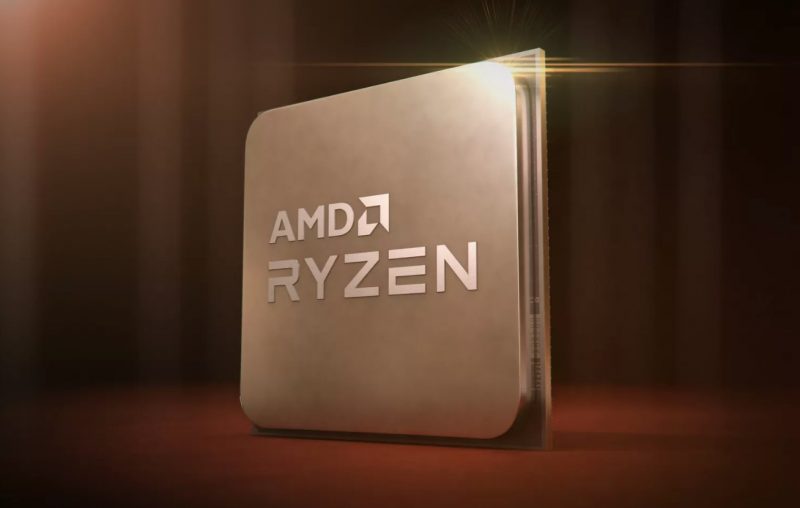
The AMD chips are manufactured using the 7 Nm process and 6 to 8 cores that boost the multi-tasking capabilities.
The integrated AMD GPU is slower than the Intel 11th Gen or the Apple M1. Also, the Single Core performance is not as good as both the rivals.
AMD Ryzen 4000 paired with a dedicated Nvidia GPU is an excellent combination and offers great performance.
Also, AMD has recently launched the new Ryzen 5000 series of mobile processors that have a significant boost in performance, especially for the Single Core.
Intel 11th Gen
Intel has been stuck with the 14 Nm manufacturing process that they used 6 years back with the Skylake series of processors.
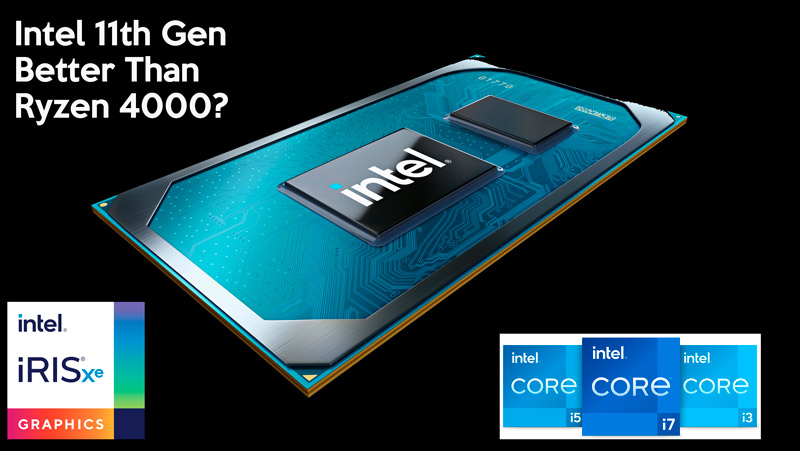
Intel 11th Gen promises a much better graphics performance thanks to the new Intel Xe GPU that nearly doubles the last-gen Intel processors’ performance.
Another big upgrade in the 11th Gen is the Single-Core performance remarkably higher than the 10th Gen.
The multi-core performance is also better. However, Intel has yet to launch the 11th Gen H series processors that are better at multi-core performance and higher cores.
The current i5 and i7 processors in the 11th Gen G series (low TDP) have just 4 cores vs. the rival AMD and Apple that offer up to 8 cores in the low TDP processors.
Let’s have a look at the benchmark Scores – Apple M1 Vs Intel 11th Gen Vs AMD Ryzen 4000
Let’s first start with the Cinebench R23 Single-Core Score. Some of the early Intel i7 (11th Gen) samples offer a high of 1502 on the Single Core score, but we have seen the retail units struggling to stay around 1400+ on the R23 with the i7 processors.
On the other hand, the Apple M1 scores close to 1493, and the AMD Ryzen 4800U is at 1235. The Ryzen 4900Hs has an impressive 1284 score, and the Ryzen 4800H has a 1235 score.
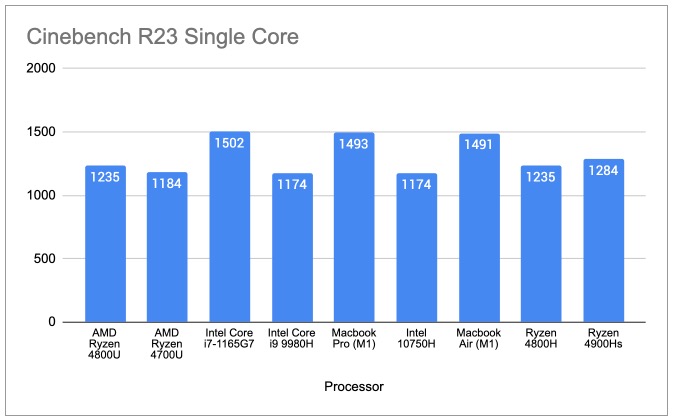
For the multi-core score, the AMD Ryzen 4000 series is the best and offers incredible performance. The Ryzen 4800H and the Ryzen 4900Hs both offer above 10,000 in the Multi-Core score. Apple M1 scores 7634 that is actually faster than the 10th Gen 45 Watts Intel 10750H.
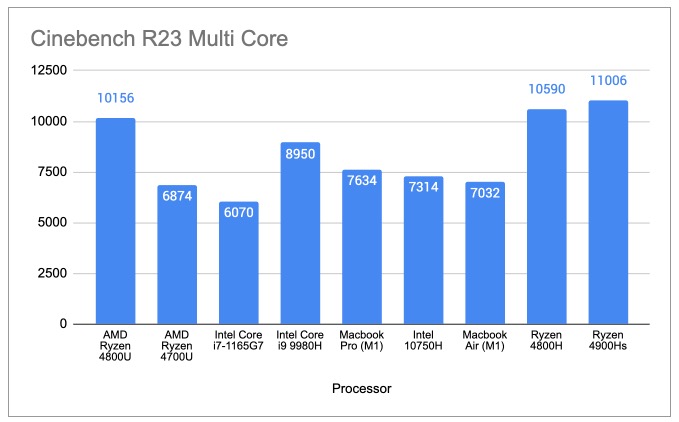
In the GeekBench 5, the Apple M1 is the fastest processor and has a 1733 score. Intel 11th Gen has a 1423 score, and the Ryzen 4000 is really struggling to keep up with both Intel 11th Gen and the Apple M1.
Notably, AMD has made huge gains in the Single-Core performance with the desktop Ryzen 5000 series processors and has bridged the gap with Intel. I am sure when they will launch the Ryzen 5000 series for laptops, it will have excellent single-core performance. It may not match the Apple M1 but will be close to the Intel 11th Gen.
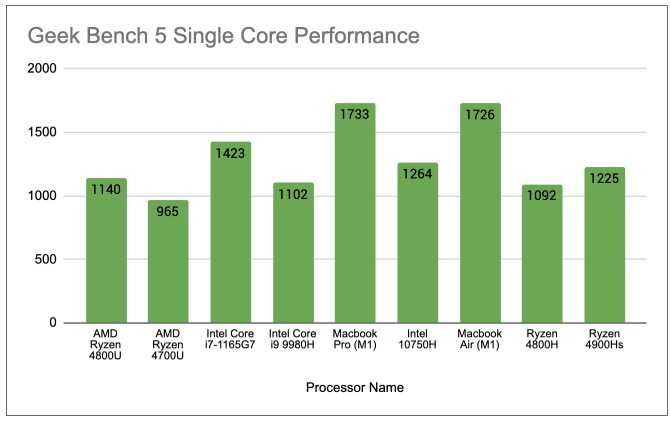
In the Geekbench Multi-Core test, the Apple M1 shines with a score of 7432 and is even better than the 8 Core Ryzen 4800H and the Intel Core i9 9980H.

Intel has recently launched the new H-Series 11th Gen Processors with 6 and 8 Core architecture that offers excellent performance for high-end gaming and creative workflows.
Graphics and Video Editing Performance
The Apple M1 comes with an 8 Core GPU for the MacBook Pro and has a 7 Core GPU on the MacBook Air base model.
Apple has promised a 3X or more performance increase in comparison to the Intel 10th Gen machines. It is not untrue, and we see at least double the Graphics performance in Games.
However, the graphics performance for games is not as good as the 16 Inch MacBook Pro that comes with a dedicated AMD 5300M or 5500M GPU.


Video Editing Performance
The performance of the Apple M1 (on MacBook Pro or even Air) is better than or nearly as good as the 16 Inch Apple Macbook Pro with fully loaded specs when editing videos on Final Pro Cut X.
Apps like Da Vinci resolve or the Adobe Premiere Pro are not fully optimized to take advantage of Apple M1 at the moment. However, these Apps, even running with Rosetta (virtualization), have a better performance in comparison to the last year’s Intel MacBook Pro 13.
The Adobe Premiere Pro that many creators use for Windows-based machines is a resource hog and needs a huge amount of Ram (32 GB) to work at optimal speed, and the cost of such laptops is usually higher than the new MacBook 13 inch. Even with a lot of hardware muscle, the Premiere Pro runs sluggishly with 4K editing, especially with Luts, Transitions, and Text effects.
If you are looking for a speedy editing experience, the M1 chip running FCPX is the best bet till Apple launches the refreshed MacBook 16 with a more powerful version of M1.
Battery Life and TDP
Consider the Apple M1 consumes insanely low energy than the rivals and is still able to outperform most of the Intel and Ryzen chips in either Single-Core or Multi-core performance.
Apple M1 with just 10 Watts of TDP is faster at so many tasks and even the sustained performance on the MacBook Air (without a fan) is unheard of.
Apple claims that M1 matches the peak performance of rivals using only 25% of the power, and they are not wrong. Intel Processors with 45 Watt TDP are failing to keep up with the M1 for single-threaded and multi-threaded applications.

Due to the less energy consumption, the MacBook Air and Pro offer better battery life than nearly all Windows laptops. Apple has increased the battery life by up to 50% with these Notebooks.
Already Apple was ahead of rivals when it comes to battery life and with these new machines, it is going to be further ahead for many years.
Concluding Thoughts
The Apple M1 is an incredible chip and with unified memory, low TDP (10 Watts), and 8 Core Graphics card. It is not ideal for gaming but is insanely fast in Apps that are optimized for the ARM architecture.
AMD is great with multi-core performance but lags when it comes to integrated graphics performance or Single-Core performance. We can have better graphics using a dedicated GPU with AMD Notebooks but single-core performance is not at par.
Again a small form factor machine like the MacBook Air will be hard to make either AMD or Intel solutions with similar performance.
Considering that it is manufactured on the 5 Nm node it will take time for both AMD and Intel to match the performance. Also, Apple is known for optimizing its software and hardware to offer unmatched performance.
Undoubtedly, the Apple M1 will raise the bar for the processor industry to move ahead and launch more powerful laptop and desktop processors and graphics cards.
Thanks for Reading. If you have any queries or thoughts, share them with me in the comments below.
More details and Further Reading on Apple M1.


